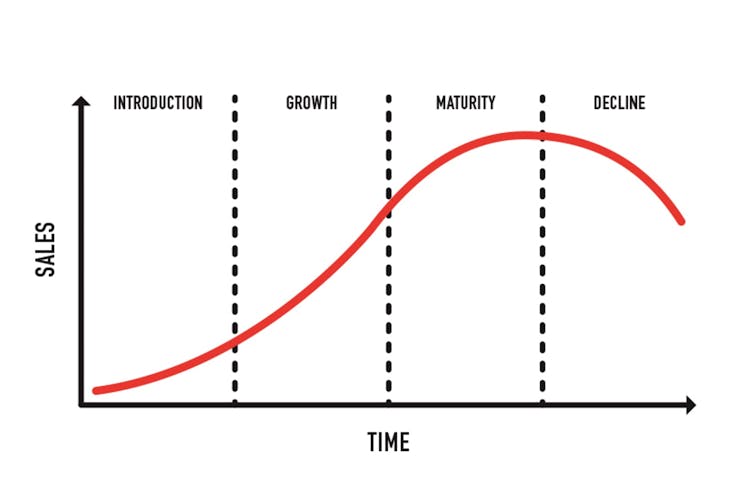In the economy, just as in sport, there are winners and losers. Sometimes you just play better on the day. But the rules of sport are set up to ensure fair play, and that’s how the economy should function too.
When the Albanese government came to office, unfair contract terms were legal. That meant multinationals could put terms in their contracts that provided for automatic renewal, excessive exit fees and unilateral price increases.
Unfair contract terms let multinationals exploit the power balance between them and local businesses. We changed that last year by banning unfair contract terms.
Now we’re turning our attention to unfair trading practices. For example, unsubscribing from a digital streaming service often involves confusing menus, skewed wording and urges to stay a bit longer.
Some sites try to trick users by using a red button for yes and a green button for no.
And there’s search engine manipulation, such as when food delivery companies ensure their site appears above a restaurant’s in internet searches.
Australian law bans several specific unfair trading practices, but there is no general ban on unfair trading practices. A sign that reform is needed comes from recent court cases.
In one case, the Australian Competition and Consumer Commission alleged that Medibank had engaged in misleading conduct by making false representations about health insurance policies. The ACCC lost, even though the Federal Court said Medibank had acted harshly and unfairly.
In another court case, the ACCC was unsuccessful against a VET FEEHELP diploma provider that used door‑to‑door sales in disadvantaged communities, promising students free laptops and promising free courses for low earners. That behaviour didn’t breach current law.
Unfair trading practices are banned in many other parts of the world, including the EU, Britain and Singapore. The US banned unfair trading practices in 1938.
The Australian government is looking at international jurisdictions, and the recommendations of our agencies, to shape Australia’s competition and consumer laws.
Whatever path we take on this important area of consumer law, we know competition depends on strong safeguards for Australian households and small businesses. They’re meshed together in our laws, regulation and in practice.
When firms get away with ripping off consumers, it creates the wrong competition incentives. Other firms see bad behaviour go unpunished and protect their own patch by employing the same dodgy tactics.
Soon enough there’s a race to the bottom in dodginess.
But consumer protections also foster competition. They help drive a race to the top in service quality.
They’re good for start‑ups, good for business and good for Australia.







